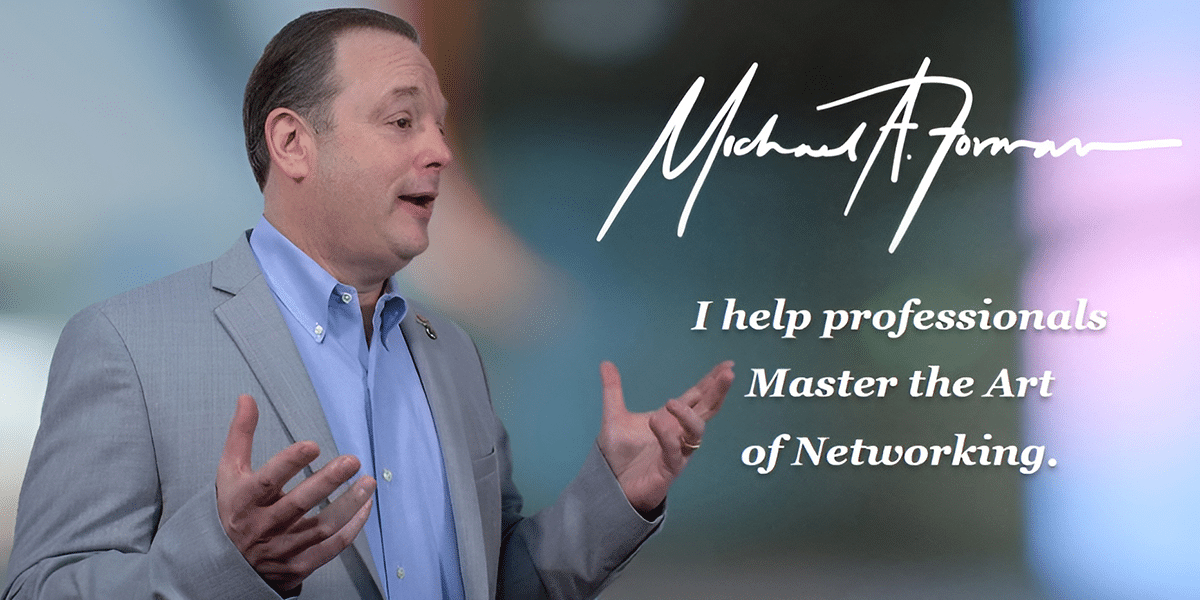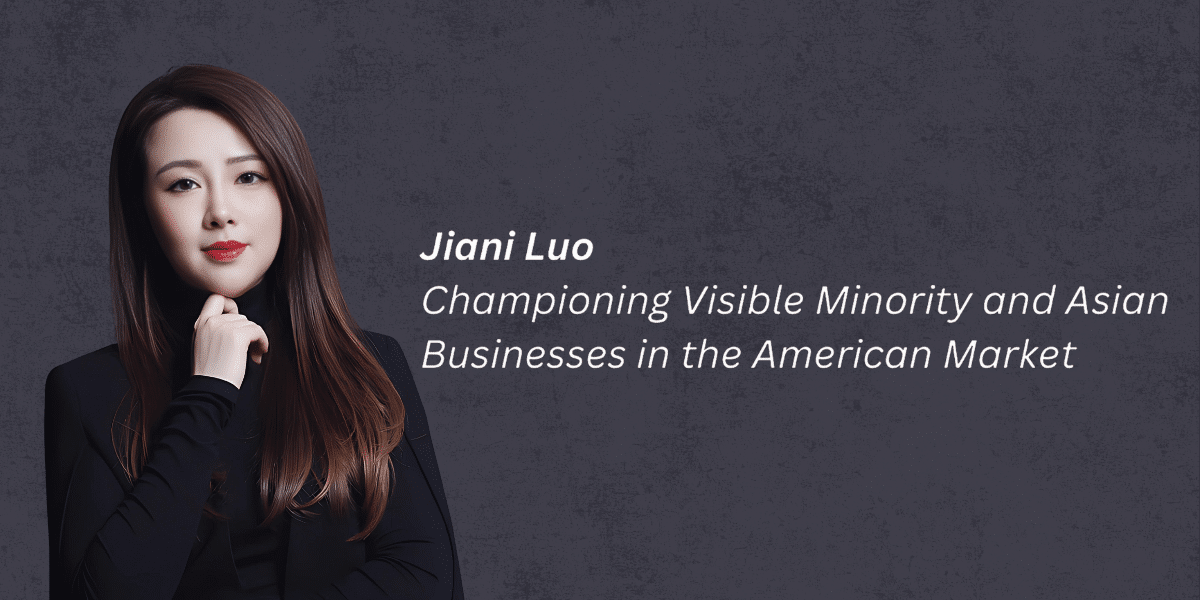Every leader understands the importance of acting upon the initiatives they or their peers implement within their organization. Without following through on the promises we make to our stakeholders, clients, and team members, both internal and external perceptions of our companies inevitably start to wane. This, in turn, can pose a severe detriment to the organization and its bottom-line goals.
Over the past few years, a growing number of organizations have sought the guidance of experienced consultants to help them implement initiatives relating to matters of diversity, equity, and inclusion (DEI). One such consultant is Alexandra McGroarty, co-founder of the global consultancy firm McGroarty & Co. Consulting, LLC (MCG), who specializes in helping organizations and their leaders implement solutions related to Change Management, M&A support, special HR projects like interim leadership support and implementation, and Diversity, Equity and Inclusion strategy and training amongst other areas.
“DEI initiatives should be at the heart of lasting organizational change,” says McGroarty, “but successfully implementing those initiatives is easier said than done. Without an authentic and genuine desire for them, these initiatives will come off as mere lip service rather than the change necessary to better serve all members of the organization, its stakeholders, customers, and employees.”
We recently asked McGroarty how more organizations can successfully implement DEI initiatives to generate the long-lasting and meaningful change they and others within their companies wish to achieve. Here is what she had to say.
Align DEI initiatives with internal culture and goals
“Culture is the lifeblood of the organization,” says McGroarty. “It helps everyone — from an established CEO down to the newest floor-level employees — understand how to behave and operate. The first crucial step needed for any DEI initiative to succeed, regardless of how audacious it may be, is to assess and analyze your organization’s internal culture.”
As McGroarty explains, DEI initiatives entail far more than crunching numbers to see what lines up and what doesn’t. The culture within an organization is not a quantitative factor, but a qualitative one. In order for your company to be perceived as one that fosters DEI externally, it must first be perceived as one that does so internally.
“Employees pay attention to the behaviors of their leaders,” McGroarty adds. “If employees don’t see matters like diversity or equitable inclusion coming from their managers and leaders, or overhear something being said that goes against DEI initiatives, it lowers morale and further harms the organization’s culture. Likewise, if employees witness their managers and leaders spearheading the drive for diverse, inclusive change by aligning those initiatives to the company’s overarching goals, this has a ripple effect throughout all levels of an organization and helps set new standards for what should be expected.”
Coach and educate stakeholders on the importance of DEI
Although there are numerous potential initiatives related to DEI, DEI in and of itself is not an initiative as it is a continued practice of raising and improving awareness of how others are treated and what can be done to improve it. As such, organizational leaders and executives seeking to successfully integrate DEI more deeply into their culture must be prepared to coach others in their organization of DEI’s importance and continue mentoring them on it.
“Just as you would with any other goal or initiative within your company,” McGroarty says, “you need to be clear with other key decision-makers regarding what you plan to accomplish through your DEI initiatives and how you plan to accomplish it upfront. Be prepared to explain how you plan to reward those who approach DEI with an open mind and how you plan to handle late adopters within your organization.”
In addition to these points McGroarty makes, leaders seeking to successfully implement meaningful DEI initiatives should also be prepared to navigate any pushback they might receive. Oftentimes, this pushback does not come from a place of malicious intent but rather from one of confusion and a lack of understanding.
“Today’s professional leaders are no stranger to the concept of continued learning and self-education,” McGroarty clarifies. “Weaving DEI into the methods your organization utilizes for professional and personal development can help a greater number of stakeholders and employees alike understand why it’s so vital to the company’s longevity and bottom-line successes.”
Develop and enforce actionable metrics to track your success
Along with setting an example regarding the implementation and importance of DEI within the organization, McGroarty mentions that leaders looking to implement DEI initiatives should be stringent with how they measure the success of those initiatives. Whichever leader is responsible for tracking them should clearly define the metrics used to measure their success, which might include actionable milestones and sets of data to highlight the diversity of staff, equitable pay for employees, and uniform promotion opportunities.
“No goal set will be achieved without a series of measurable action items that can ultimately deem it as being successful or not,” McGroarty tells us. “As such, the leader(s) responsible for a DEI initiative’s success must not only clearly outline the metrics used to track its success, but also enforce the practices and standards they set within their organization regarding its success.”
Few of us ever want to have to play the heavy hand with our colleagues. Nevertheless, if a company is seeking true change from DEI, the ones responsible for overseeing its drive need to be ready to dish out feedback or consequences for those within the company failing to comply with those changes—especially if it can ultimately harm the success of its DEI initiatives. According to McGroarty, this is another way organizations can more effectively ingrain DEI into their culture and further exemplify its importance to all of its members.
“DEI is not something that most companies or organizations can fix quickly,” explains McGroarty. “True, meaningful, and long-lasting change requires systematic overhauls. It requires leaders to eschew what they think to be true and reexamine their organization, its people, and its culture through an entirely new lens.”
Indeed, simply mandating that others do the same is one of the most assured ways to fail at implementing DEI initiatives. However, by approaching those initiatives with humility, compassion, an open mind, and a readiness to remain accountable to them, leaders will already find themselves well on their way to succeeding at their DEI goals.
Alexandra McGroarty is the co-founder of McGroarty & Co. Consulting, LLC. Along with being an internationally renowned consultant, she was named as a finalist for the 2021 HR Person of the Year award. To learn more about Alexandra, her consulting expertise, or how McGroarty & Co. can help your own business achieve its goals, visit www.mcgandcompanyconsulting.com today.









